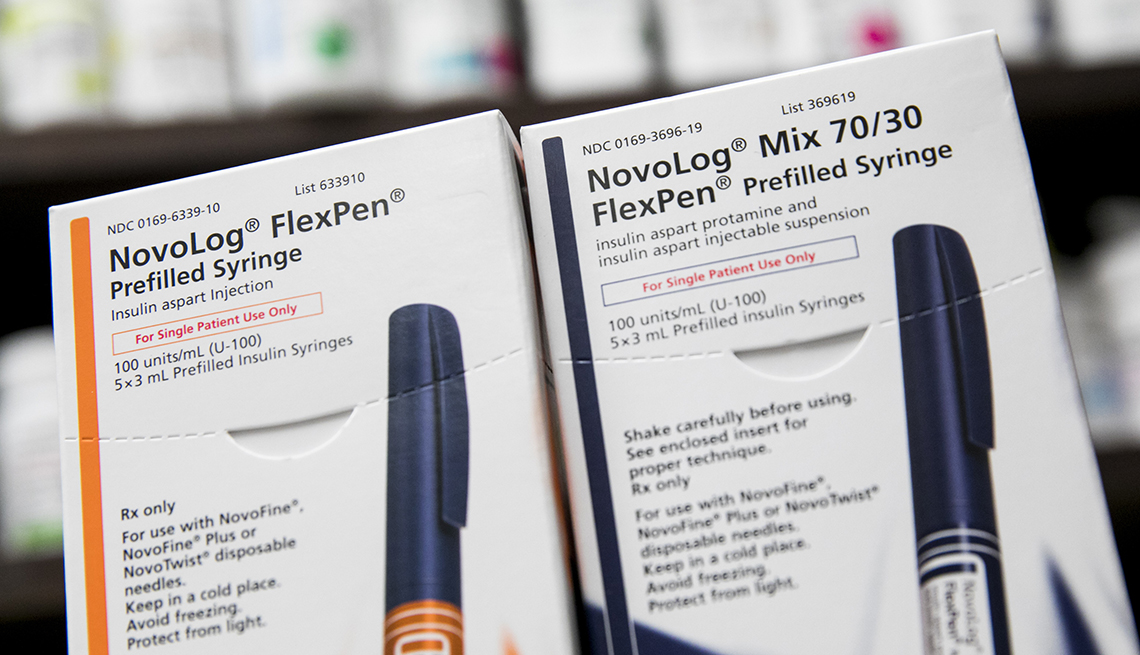- Select a language for the TTS:
- UK English Female
- UK English Male
- US English Female
- US English Male
- Australian Female
- Australian Male
- Language selected: (auto detect) - EN
Play all audios:
_Nature Photonics_ (2022) https://doi.org/10.1038/s41566-021-00921-9 Thermal radiation is commonplace in our everyday life, exemplified by natural sunlight and infrared thermometers. When an
object emits thermal radiation, a radiative cooling process carrying away energy from the object occurs spontaneously. Hence, the control of thermal radiation or radiative cooling is
beneficial not only to the development of practical cooling techniques, but also to the exploitation of renewable energy resources. An emerging field of thermal photonics provides exciting
opportunities for manipulating the radiative process artificially. In this review article, Shanhui Fan from Stanford University and Wei Li from Changchun Institute of Optics, Fine Mechanics
and Physics, Chinese Academy of Sciences have discussed fundamental concepts involved in radiative cooling and summarized principles for tailoring thermal radiation with photonic structures.
The story starts with the demand of daytime radiative cooling and introduces photonic concepts and recent advances in this area. Inspired by the daytime radiative cooling, more scenarios
such as solar cell cooling, thermal management of outdoor colored objects and cooling textiles have been proposed. Thermodynamics in radiative cooling is finally discussed for harvesting
outgoing thermal radiation. We anticipate these fruitful discussions can help readers walk into thermal photonics and motivate researchers to find novel applications of radiative cooling.
AUTHOR INFORMATION AUTHORS AND AFFILIATIONS * Key Laboratory of 3D Micro/Nano Fabrication and Characterization of Zhejiang Province, School of Engineering, Westlake University, 18
Shilongshan Road, Hangzhou, 310024, Zhejiang Province, China Ding Zhao & Min Qiu * Institute of Advanced Technology, Westlake Institute for Advanced Study, 18 Shilongshan Road, Hangzhou,
310024, Zhejiang Province, China Ding Zhao & Min Qiu Authors * Ding Zhao View author publications You can also search for this author inPubMed Google Scholar * Min Qiu View author
publications You can also search for this author inPubMed Google Scholar CORRESPONDING AUTHOR Correspondence to Min Qiu. RIGHTS AND PERMISSIONS OPEN ACCESS This article is licensed under a
Creative Commons Attribution 4.0 International License, which permits use, sharing, adaptation, distribution and reproduction in any medium or format, as long as you give appropriate credit
to the original author(s) and the source, provide a link to the Creative Commons license, and indicate if changes were made. The images or other third party material in this article are
included in the article’s Creative Commons license, unless indicated otherwise in a credit line to the material. If material is not included in the article’s Creative Commons license and
your intended use is not permitted by statutory regulation or exceeds the permitted use, you will need to obtain permission directly from the copyright holder. To view a copy of this
license, visit http://creativecommons.org/licenses/by/4.0/. Reprints and permissions ABOUT THIS ARTICLE CITE THIS ARTICLE Zhao, D., Qiu, M. Thermal photonics boosts radiative cooling. _Light
Sci Appl_ 11, 35 (2022). https://doi.org/10.1038/s41377-021-00691-7 Download citation * Received: 28 November 2021 * Accepted: 29 November 2021 * Published: 11 February 2022 * DOI:
https://doi.org/10.1038/s41377-021-00691-7 SHARE THIS ARTICLE Anyone you share the following link with will be able to read this content: Get shareable link Sorry, a shareable link is not
currently available for this article. Copy to clipboard Provided by the Springer Nature SharedIt content-sharing initiative






